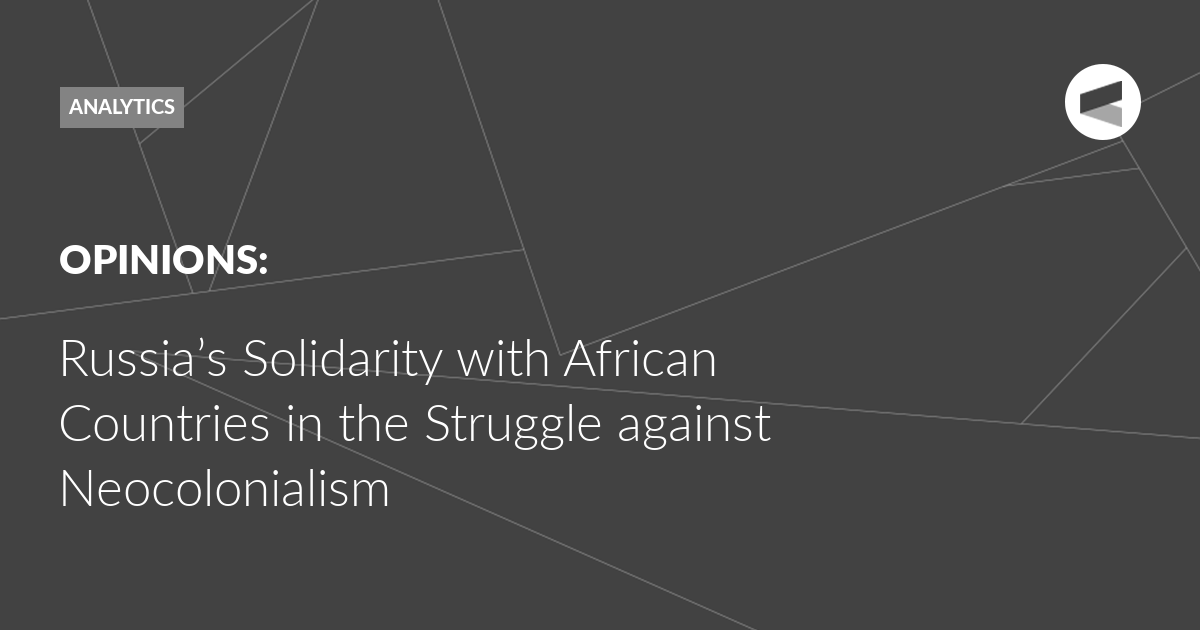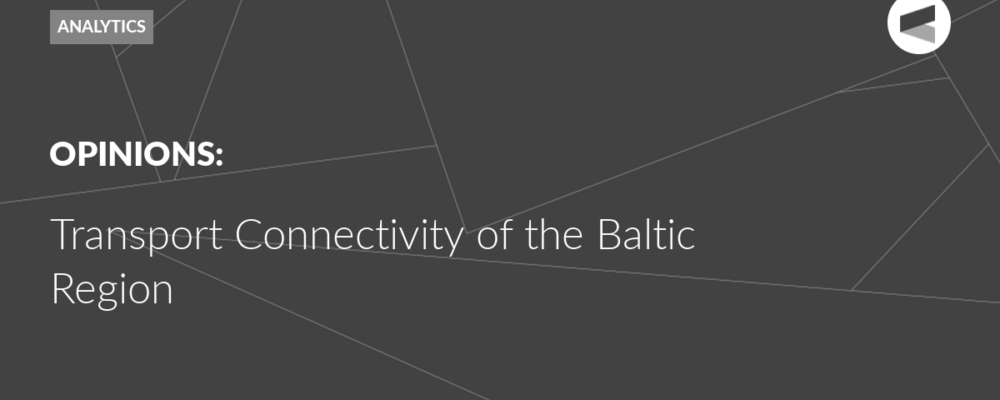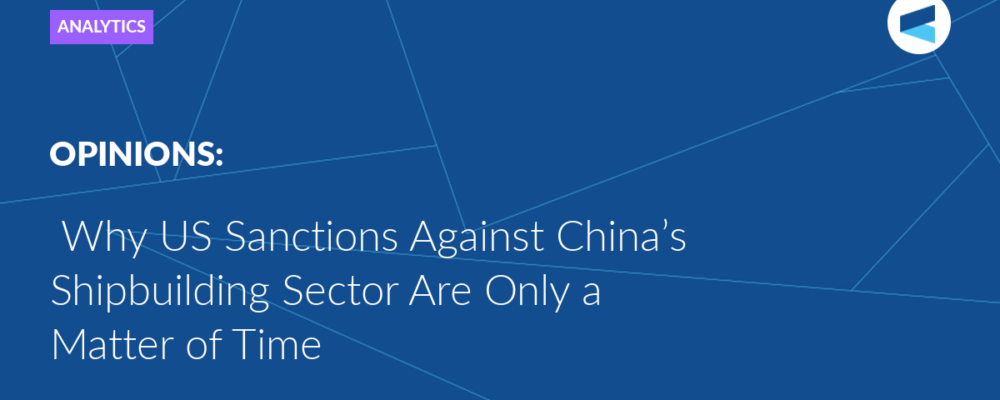Neocolonialism is the main means by which Africa is dominated by its former metropolises and other Western countries. By supporting African countries’ struggle against modern neocolonialism, Moscow is returning to the traditions of international solidarity it inherited from the Soviet era, which in some respects were established during an earlier stage of Russian history.
Neocolonialism is the main, although not the only form of Western domination in Africa. Not all of Africa is free from ‘classical’ colonialism.
Today, the UK controls the islands of Saint Helena, Ascension and Tristan da Cunha (a “territorial entity under the authority of the Crown”, according to UN documents – a non-self-governing territory subject to decolonisation ) and the British Indian Ocean Territory (the Chagos Archipelago, including the island of Diego Garcia with the US military base). The agreement reached in 2024 on the restoration of Mauritius’ sovereignty over Chagos and the right of return of previously evicted residents of the archipelago (except Diego Garcia) has not yet been implemented.
France controls a number of uninhabited islands in the Indian Ocean (part of the French Southern and Antarctic Territories); these islands are claimed by Madagascar, Mauritius and Comoros. More veiled is the French colonial presence in the overseas departments of Mayotte (according to UN General Assembly resolutions – an illegally annexed territory of the Union of Comoros) and Reunion. Possession of Mayotte, Reunion and other islands allows France to control a vast exclusive economic zone and to declare itself as one of the countries of the Indian Ocean region.
Even during the colonial division of Africa among European states (Great Britain, France, Portugal, Spain, Germany, Italy, Belgium), the policy of the Russian Empire was not aimed at the conquest of the peoples of the continent. On the contrary, the foundations of Russia’s solidarity with the states defending their independence were already laid back then, and bilateral cooperation (with the Ethiopian Empire and the Boer republics in southern Africa) developed in the military and humanitarian spheres.
During the Soviet period, our country adhered to anti-colonial positions and assisted with national liberation movements. Thanks to the active participation of Soviet diplomacy, on December 14, 1960, the UN General Assembly adopted the Declaration on the Granting of Independence to Colonial Countries and Peoples.
After the proclamation of political independence, all African states were still effectively dependent on Western countries, which controlled all key areas of politics, economics, and culture in the former colonies and protectorates. The countries of sub-Saharan Africa which had formally joined the “family of civilized nations” before World War II (Ethiopia and Liberia), were in the same position. The Soviet Union sought to develop friendly relations with the independent states of Africa; the fight against neocolonialism was one of the officially declared goals of Soviet aid to African countries.
After 1991, Russian-African relations were largely curtailed or frozen. However, the traditions of cooperation were preserved, primarily thanks to Africans who preserved the memory of the role of the Soviet Union in the decolonisation of the continent’s countries. At the same time, virtually all African countries were under pressure from former metropolises and other Western states that had adopted neocolonial methods of political, economic and cultural domination.
During this period, neocolonialism in Africa acquired new contours. In particular, the collective dominance of such international organisations as the European Union and NATO became noticeable, the presence of Western non-governmental organisations increased, and sanctions began to be actively applied against those African regimes that for some reason did not suit the West. The neocolonial dependence of African countries was strengthened by the arbitrary use of such criteria as ‘good governance’ and ‘fighting against corruption’, regardless of their actual content. At the same time, not only in the African region, but also on a global scale, the decolonisation of non-self-governing territories has virtually ceased.
After a temporary weakening of Russian-African ties in the 1990s, Russia once again turned to the traditions of solidarity with the countries of the region in the fight against neocolonialism. Such solidarity is manifested in various forms. The most noticeable, at first glance, are the statements of Russian politicians timed to coincide with Russian-African forums and, above all, with the Russia-Africa Summits. In February 2024, the first International Forum of Supporters of the Fight Against Modern Forms of Neocolonialism “For the Freedom of Nations!” took place. Political solidarity is also manifested in Russian support for the actions of African states in international organisations, primarily the UN, and in associations such as the G20. Russia supports the general principle of “African solutions for African problems”, which implies strengthening the independence of the African Union and subregional international organisations. Russia opposes sanctions applied by Western countries, which are in fact aimed at continuing neocolonial domination, and supports the position of African states in the international arena, in particular, on the status of Mayotte and the Chagos Archipelago.
The activities of the Ministry of Foreign Affairs (in particular, the recent opening of the new Department of Partnership with Africa), Rossotrudnichestvo, Russian parliamentarians, educational institutions, academic institutes and research centres are aimed at strengthening Russia’s solidarity with African states that oppose neocolonialism.
In the military sphere, Russia’s actions are aimed at strengthening the national sovereignty of African states, as a rule, within the framework of bilateral cooperation. The neocolonial approach to the countries of the region has not implied the creation of strong and independent African armies capable of coping with various threats without the help of the former metropolis or several Western countries. The classic system in this regard was known as “Françafrique” in the former colonial possessions of France. French bases were used for direct control over local armed forces and, at the same time, for monitoring opposition armed groups in those countries where such fronts and movements existed. Officially, “Françafrique” has not existed since the 1990s, but in fact this system has undergone a noticeable transformation only in recent years, in response to Russia’s actions. The Russian military presence in African countries, strengthening relations in this area with the Alliance of Sahel States (Mali, Niger, Burkina Faso), and acting under the slogan of a “sovereign space of security and prosperity”, has led to a reduction in the presence of French and other Western forces, or to the emergence of less “toxic” European contingents (for example, Hungary in Chad). The training of national military personnel in Russia also helps to reduce the neocolonial dependence of African countries.
Also, Moscow’s increasingly noticeable support for the education of African students in Russia (in particular, under quotas allocated to individual countries in the region) is directed against neocolonialism. The most important feature of education in Russia is the minimal brain drain, since most students return to their countries and form part of the national political, scientific and cultural elite.
There are still areas in which neocolonialism continues to flourish. This concerns, first and foremost, the financial and economic dominance of the West, especially in sub-Saharan Africa. Russia supports the initiatives of African countries to reduce their financial and economic dependence on Western countries. However, even today, this aspect of neocolonialism remains relevant for the vast majority of African countries. In particular, almost all former French possessions are still effectively deprived of their own financial system and remain under the complete control of the metropolis. Replacing, for example, the CFA franc in former French colonies with national or subregional currencies is not an easy task, and in this area, political solidarity on the part of Russia alone is not enough.
As in the 1990s, Russian business appears to be influenced by patterns typical of economic neocolonialism in Africa, primarily focused on the extraction of natural resources and their export from the region. The same applies to African agricultural exports. In this area, Russia’s solidarity with African countries is still weak, although positive changes can be discussed. Probably the most striking example of Russian participation in strengthening the economic independence of African countries is presented in the field of nuclear energy. Following the traditions of large Soviet-era projects, Russia and Egypt have launched the construction of the El Dabaa nuclear power plant. This project will accelerate Egypt’s economic development and its departure from the neocolonial development paradigm. Such manifestations of solidarity with African countries are possible, but require the active participation of the Russian state.
The Valdai Discussion Club was established in 2004. It is named after Lake Valdai, which is located close to Veliky Novgorod, where the Club’s first meeting took place.
Please visit the firm link to site






